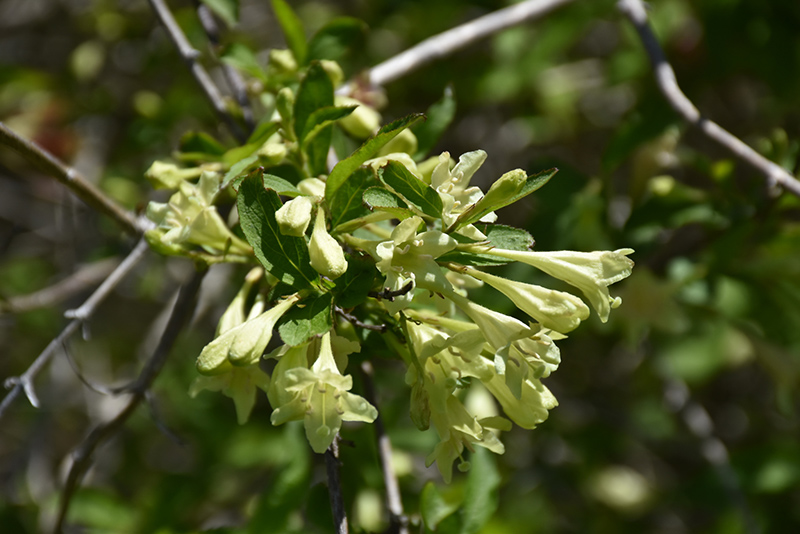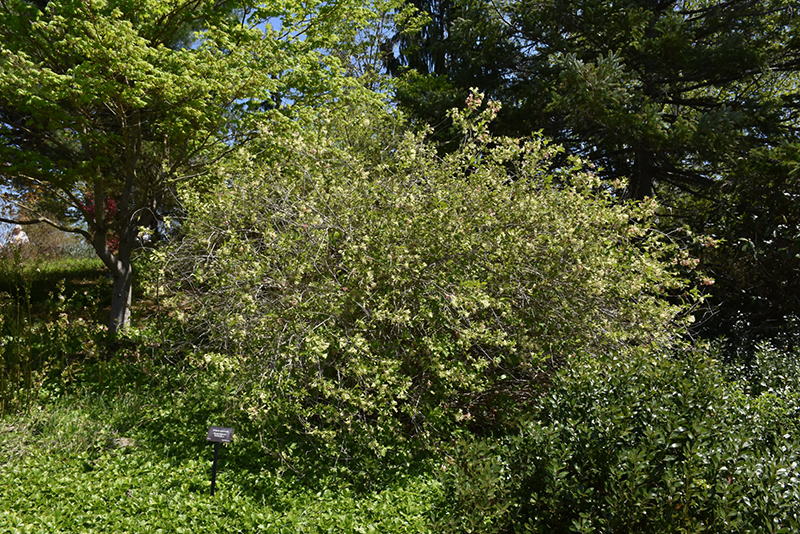Plant Library
Height: 5 feet
Spread: 6 feet
Sunlight:
![]()
Hardiness Zone: 4a
Other Names: Korean Weigela
Description:
An exciting change for this popular spring-flowering shrub, this variety features soft buttery-yellow trumpet-shaped flowers in late spring; rather reserved the rest of the year, somewhat coarse and open in habit, grows quite large in time; needs full sun
Ornamental Features
Weigela is blanketed in stunning clusters of buttery yellow trumpet-shaped flowers along the branches in late spring. It has dark green deciduous foliage. The pointy leaves do not develop any appreciable fall color.
Landscape Attributes
Weigela is a multi-stemmed deciduous shrub with a shapely form and gracefully arching branches. Its relatively coarse texture can be used to stand it apart from other landscape plants with finer foliage.
This shrub will require occasional maintenance and upkeep, and should only be pruned after flowering to avoid removing any of the current season's flowers. It is a good choice for attracting hummingbirds to your yard. It has no significant negative characteristics.
Weigela is recommended for the following landscape applications;
- Accent
- Mass Planting
- Hedges/Screening
- General Garden Use
Planting & Growing
Weigela will grow to be about 5 feet tall at maturity, with a spread of 6 feet. It has a low canopy, and is suitable for planting under power lines. It grows at a medium rate, and under ideal conditions can be expected to live for approximately 30 years.
This shrub should only be grown in full sunlight. It prefers to grow in average to moist conditions, and shouldn't be allowed to dry out. It is not particular as to soil type or pH. It is highly tolerant of urban pollution and will even thrive in inner city environments. This species is not originally from North America.






